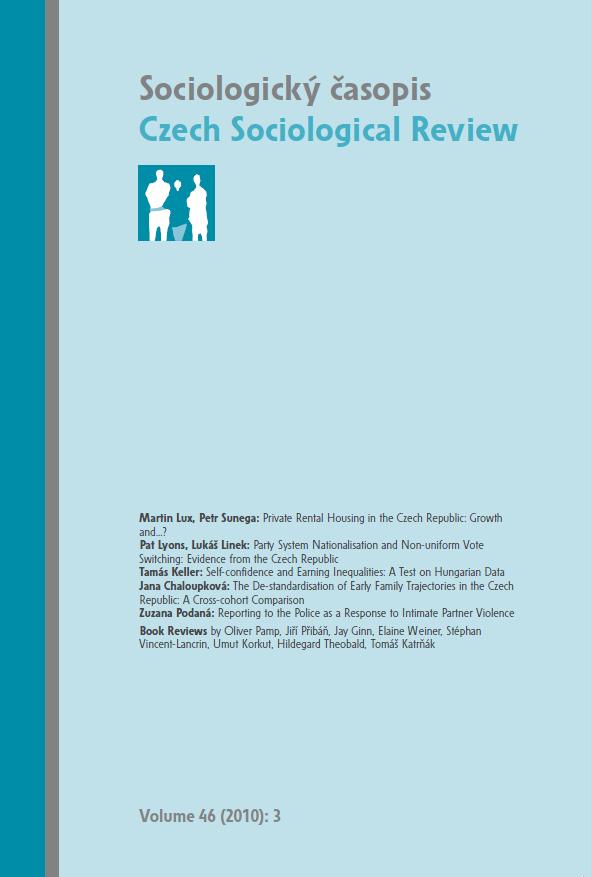Private Rental Housing in the Czech Republic: Growth and…?
Private Rental Housing in the Czech Republic: Growth and…?
Author(s): Martin Lux, Petr SunegaSubject(s): Social Sciences
Published by: AV ČR - Akademie věd České republiky - Sociologický ústav
Keywords: Czech Republic; housing system; private rental housing; transition economies; housing theory
Summary/Abstract: The goal of this article is to describe the development of private rental housing after 1990 in the Czech Republic and especially to demonstrate the significance of state regulations on people’s expectations, social norms, and thus the form of housing systems emerging in transition countries. The argument of this article is that state interventions affecting property restitution, the protection of tenants, rent regulation, and the relative subsidisation of individual housing tenures are crucial factors infl uencing the perception and significance of private renting in the Czech Republic. At the beginning of the transition there was a universe of options: the private rental sector could evolve into a stable and significant tenure or into a weak, volatile, and residual type of housing. The particular rules of the game – state regulations – led to the quick supply of new private rental dwellings, but at the same time they substantially constrained the long-term demand for this type of housing. Like in those advanced countries where a more dramatic form of private rental housing liberalisation occurred, in the Czech Republic the significance of rental housing quickly shifted to become a temporary and residual form of housing. This article is thus about the ‘greenfield’ establishment of a housing system and how initial state regulations create or modify the long-term social norms relating to housing tenures and especially to private rental housing tenure.
Journal: Sociologický časopis / Czech Sociological Review
- Issue Year: 46/2010
- Issue No: 03
- Page Range: 349-373
- Page Count: 25
- Language: English

